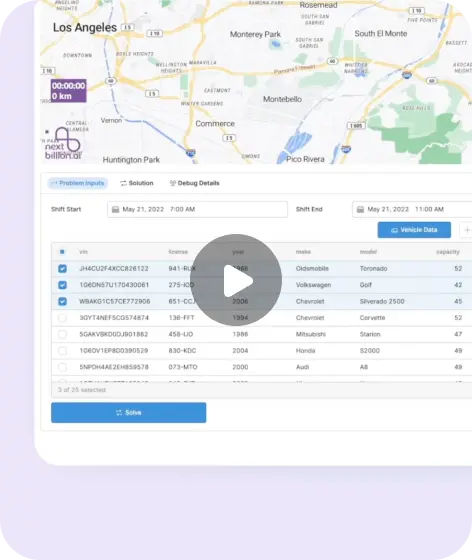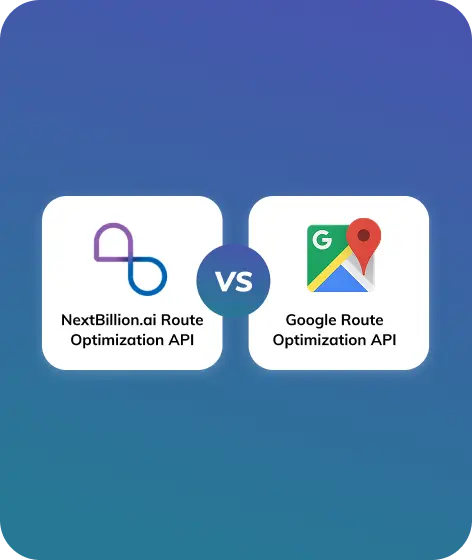Table of Contents
What is B2B Logistics?
B2B, or business-to-business logistics, refers to the process of planning, organizing, and executing logistics activities between businesses on a large scale. It is an important part of a business’s success, as it involves many variables, like scheduling, delivery time, transportation mode, storage options, etc. It is also defined as the management of material, information, and financial flows that take place between manufacturers, distributors, and all other actors involved in the process of production of goods and services.
B2B logistics service is a crucial part of businesses as it ensures the smooth flow of the supply chain and increases customer satisfaction. It needs to be planned carefully from start to finish. This also includes pinpointing all the potential blockers that may cause delays or missed deadlines down the line. It allows businesses and organizations to deliver cost-effective and efficient shipments, which enhances their productivity and profitability.
Key Points of B2B Logistics
B2B logistics is crucial for efficient supply chain management and for optimizing complex logistics processes. It provides customized services according to the needs of each company. Some of its key points are:
- Transport: Transport is an essential element of B2B logistics, and its efficient management will result in the company’s growth. An appropriate means of transport must be selected for each shipment, taking into account the distance, quantity, and value of the cargo.
- Warehousing: It is another critical element of B2B logistics that has a direct impact on inventory management and product availability. The storage space must suit the needs of each company and allow fast and efficient access to products.
- Cost Control: Cost control is directly related to a company’s profitability and competitiveness. It is important to identify and establish strategies to reduce costs without compromising the quality of service. Advanced technologies like data analysis and process automation can help to identify which steps in the process might be improved to reduce these expenses.
Challenges of B2B Logistics
B2B logistics also faces challenges, which are listed below.
- Order Management: The most significant challenge is managing the delivery of goods and services to a large number of customers that are spread out over a wide geographical area. It is a complex and costly process. Hence, all industries need to manage their orders, particularly those with high-volume orders.
- Lack of Visibility: Many B2B deliveries suffer from a lack of visibility for customers. The customers want to know when their package will arrive and what the delivery process will be. This lack of visibility impacts customer expectations, hence reducing the reputation of businesses.
- Inventory Management: Businesses need to ensure that orders are managed promptly and accurately. Most B2B firms face this issue since they do not have a good system in place for tracking inventory levels and managing stocks.
- Potential Fraud: Another challenge that B2B logistics faces is fraud or scams. It can come from a variety of sources along the supply chain like someone taking advantage of an upstream disruption or misleading inventory at a warehouse.
- Delivery Expenses: Delivery is always an expensive process; the cost of fuel and vehicle maintenance costs are on the rise, which makes it difficult to carry out efficient B2B delivery. The shipping process can reduce the overall company’s earnings.
Further, challenges like retail channel restrictions, resource efficiency problems, and poor accessibility to relevant data are also part of B2B logistics.
Solutions to B2B Logistics Challenges
Following are some solutions that B2B logistics can undertake to counter the challenges.
- Improve Delivery Tracking: The first step is to improve the delivery tracking system. Businesses can use a GPS delivery management system to keep track of their shipments. If done efficiently, it offers numerous advantages to B2B firms and end users. Accurate delivery tracking helps customers to trace their deliveries in real-time, thereby increasing customer satisfaction.
- Manage Delivery Expenses: B2B logistics are not good at managing delivery costs. To overcome this challenge, they must track each delivery, understand how money has been spent, and identify which steps in the process might be improved to reduce these expenses. Moreover, it is important to study a set of data from past deliveries and identify the weak areas to boost the business.
- Real-Time Updates: The businesses must notify and update the customers about their order delivery stage; this helps in improving the customer experience. The companies can use transportation management software to send notifications.
- Delivery Route Management: Route planning is always a challenge for B2B deliveries. This can be improved by proper planning, managing, and optimizing the delivery routes. One effective solution is a GPS delivery tracking system. This will help businesses to optimize each route in a highly efficient manner.
B2B logistics is a crucial part of businesses as it ensures the smooth flow of the supply chain and increases customer experience. It allows greater customization and adaptation of logistics services according to the needs of the company. It maintains communication and collaboration between different actors involved in the supply chain, which contributes to improving efficiency, service quality, and the company’s revenue.
Explore NextBillion.ai’s Route Optimization API for efficient route planning in B2B logistics.
We know that every business is different and we care about your unique needs.
With NextBillion.ai's Map API you get- Large Distance Matrix API with a Matrix size upto than 5000*5000
- Optimal routes with accurate ETAs
- Flexible navigation SDK that's easy to integrate and ready to use for developers
- Quick and accurate location data
- Track and trace routes taken along with other map attributes
- Create custom tiles for your interactive maps. Personalized to fit your brand aesthetic.




